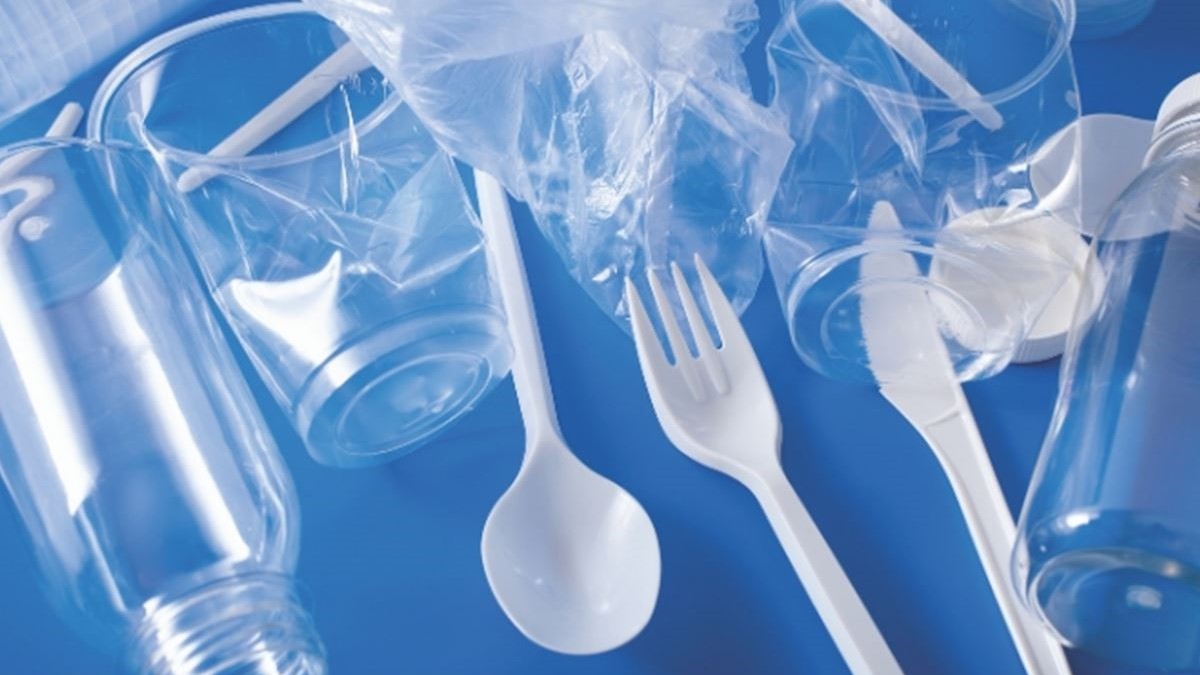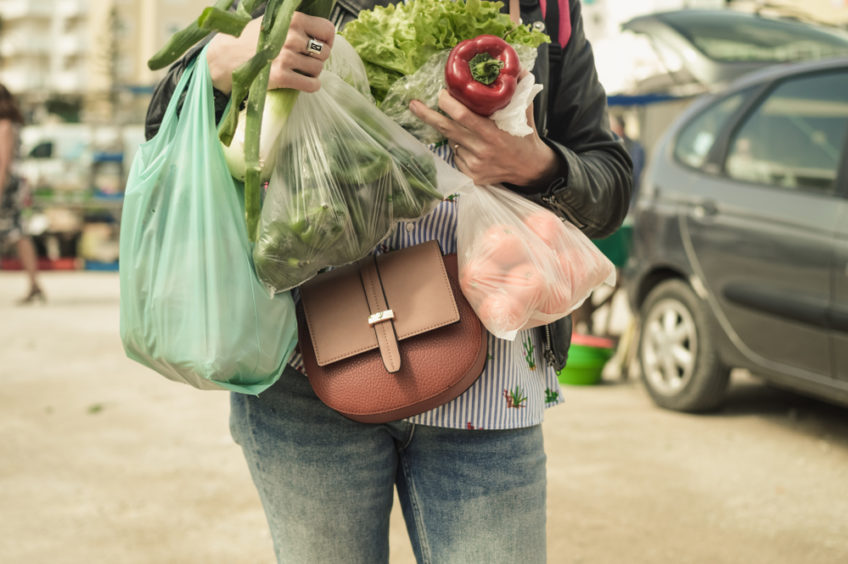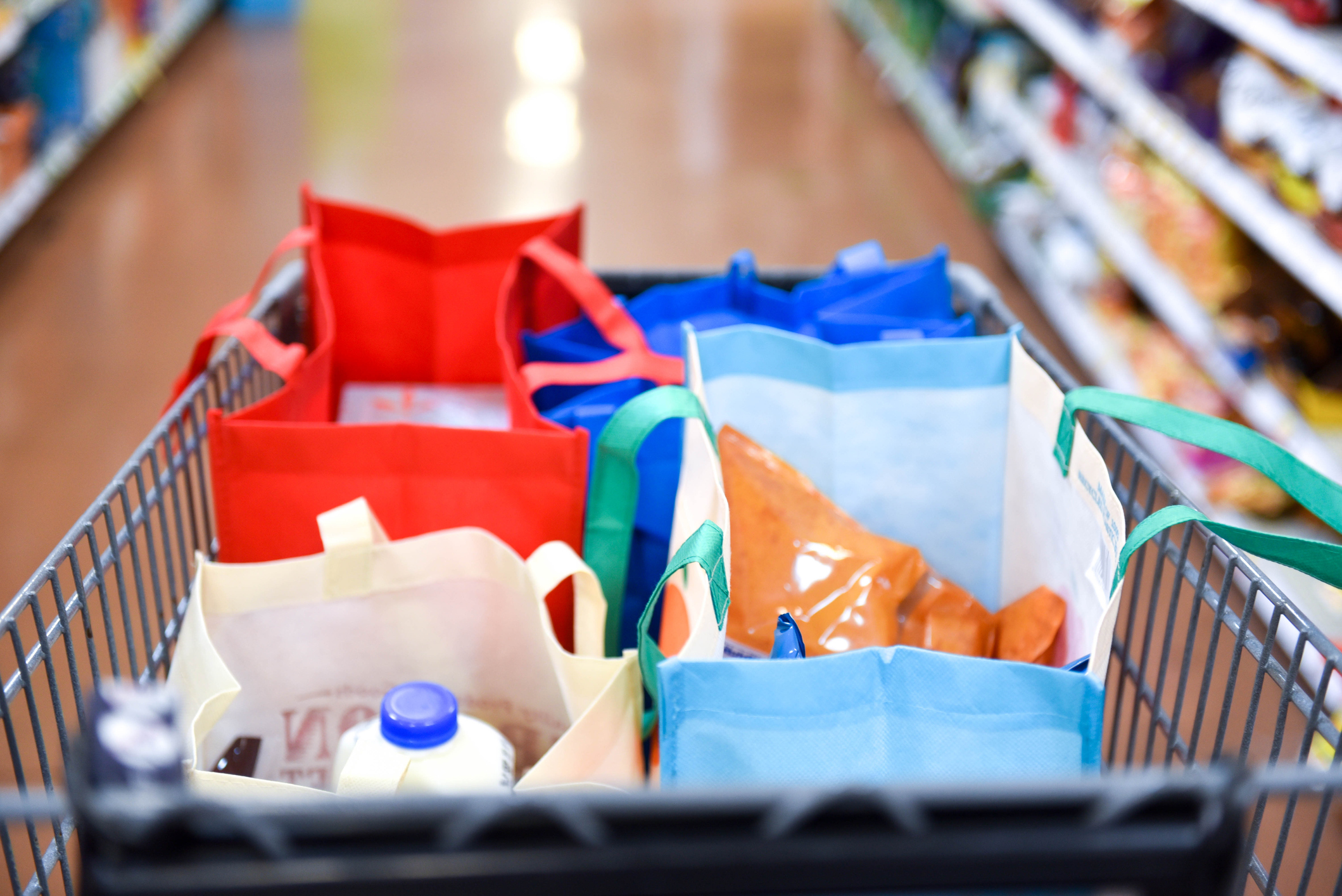
Dear Eartha, I noticed that some coffee shops and grocery stores are not allowing reusable mugs and shopping bags. Instead, they require single-use cups and plastic bags. Is there any real safety benefit that comes with all this waste?

The pandemic has caused a lot of troubles so far and the increased use of single-use plastics is one of them. A lot of us carry reusable mugs and shopping bags around religiously. And for someone trying to limit their consumption of single-use plastics, it has been gut-wrenching to accept the to-go coffee cups, take-out containers, and plastic bags that come with this unprecedented moment in our lives.
That being said, it’s essential to keep our frontline workers safe. These members of our community have always been the backbone of our local economies and I celebrate the heightened appreciation and admiration for their efforts. So to all our essential workers here in Summit County and beyond, thank you!
Let’s look at the bigger picture of how we got into this mess and what we can do to quell all that pesky plastic pollution.
The problem is in the plastic
At the beginning of the pandemic, businesses started using more single-use plastics because we were told that the COVID-19 virus was being transmitted primarily through contact with surfaces. So it seemed logical that if everyone started using single-use products, the spread of the virus could be slowed.
In the seven months since the pandemic became widespread in the US, there has been an abundance of information on how to reduce the risk of transmission. According to the Centers for Disease Control and Prevention, the principal mode by which people are infected with COVID-19 is through exposure to respiratory droplets carrying the infectious virus.
To the plastics industry, reducing the risk of transmission means getting rid of plastic bag bans and fees in place in over 400 cities nationwide. The Plastics Industry Association sent a letter in March to the U.S. Secretary of Health and Human Services requesting the Department take a formal position against disposable plastic bans, contending these regulations pose a public safety risk. However, research to date offers no conclusive evidence to justify rolling back plastic bag bans and fees.
While plastic is one of the materials on which the coronavirus survives the longest, it doesn’t discriminate between disposable and reusable. In one study by the New England Journal of Medicine, the novel coronavirus was shown to be infectious for up to 24 hours on paper and cardboard but remained infectious for 48-72 hours on plastic and stainless steel.
Reusables can be safe

When clear guidelines exist, the result can be more consistent policies regarding the use of reusable materials. Consider reusable grocery bags. The California Division of Occupational Health and Safety deemed reusable grocery bags safe to use without increasing the risk of spreading COVID-19. They even offered recommendations for safely allowing customers to bring their bags:
- Do not touch or place groceries in customer-brought bags.
- Ask customers to leave their bags in the shopping cart when bagging.
- Ask customers to bag their groceries.
And voila! The positive impact extends beyond California. Locally, large grocery stores allow customers to bring their reusable bags. And, the towns of Breckenridge and Frisco both reinstated plastic bag fees which were temporarily suspended at the beginning of the pandemic for safety reasons.
Keep in mind that both reusable and single-use products, such as bags, cups, plates, and utensils, are handled by several people before reaching the customer. Whether disposable or reusable, precautions must be taken when handling items to protect employees and customers.
What you can do
Now is not the time to turn our backs on plastic pollution. The oil and gas industry plans to spend around $400 billion over the next five years on plants to make raw materials for virgin plastic, according to a study in September by Carbon Tracker.
Yet, there are a few ways to help reduce this new surge of plastic waste. Bring your clean reusables to businesses that will accept them, opt-out of plastic utensils when ordering take-out or delivery, use washable masks over disposable ones, and be conscious of what you are buying and how it is packaged. Most important? VOTE for the people and policies that prioritize the environment.
